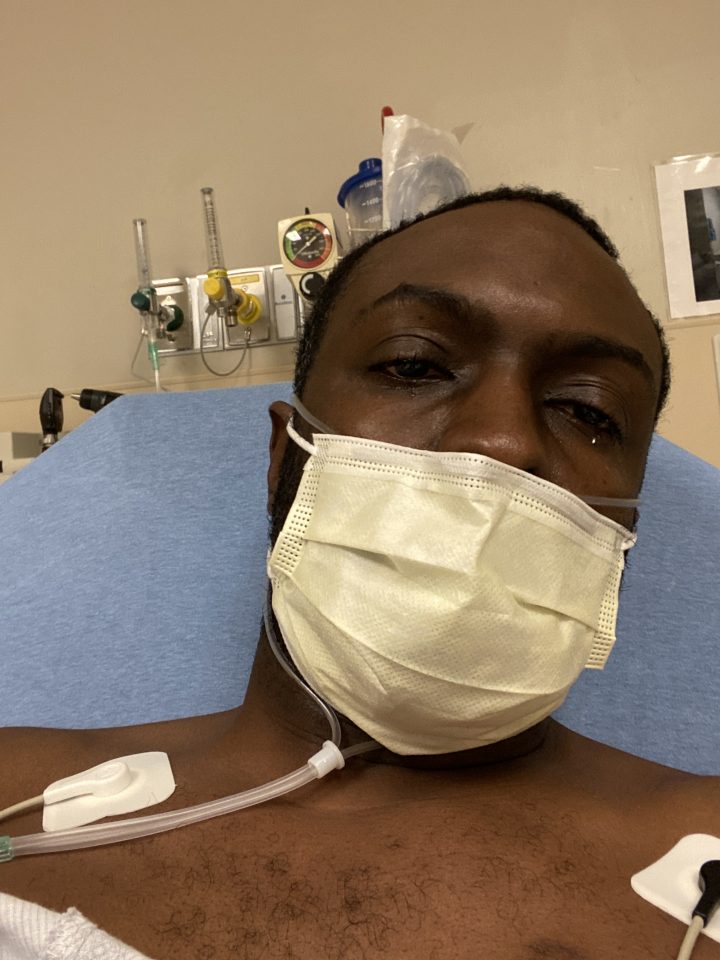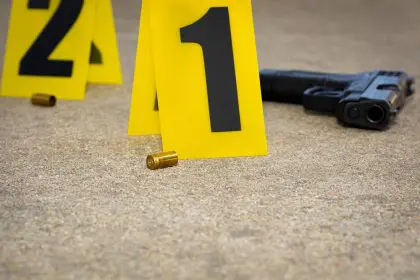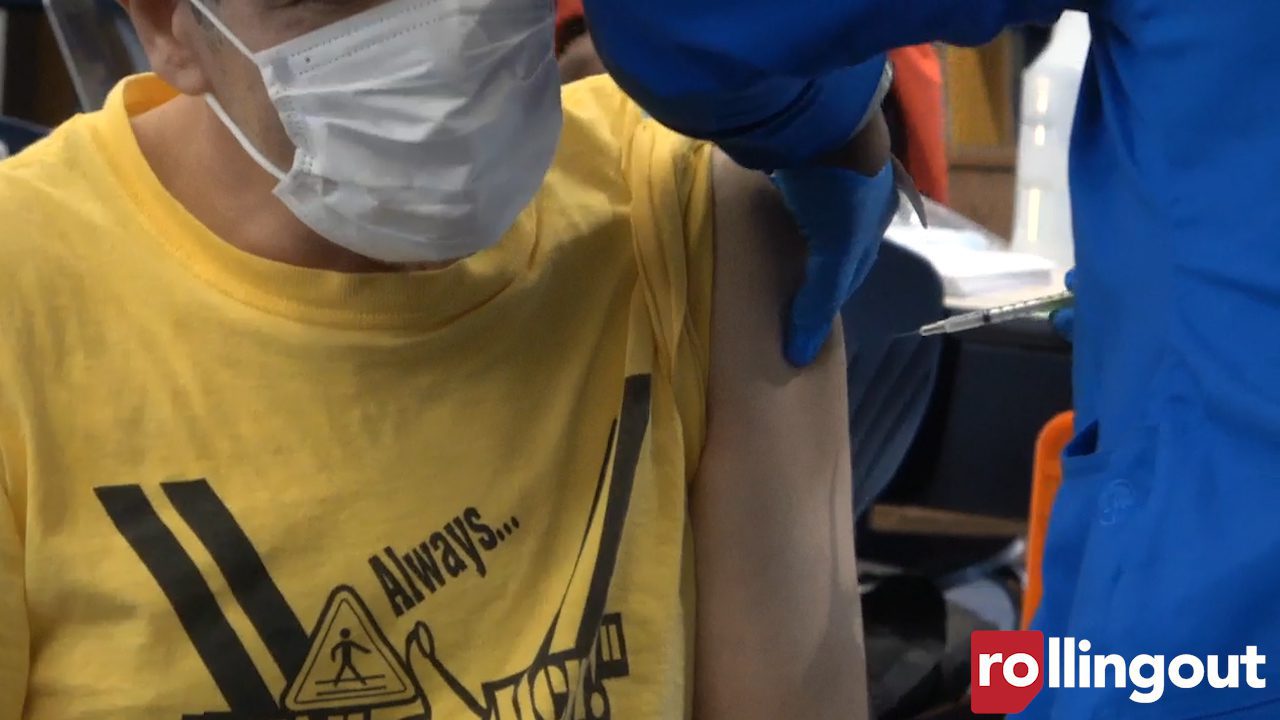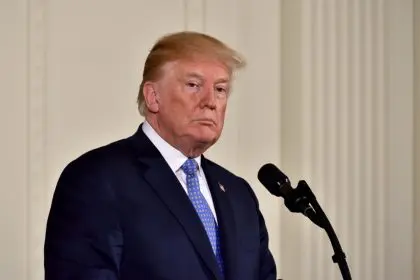
Louisiana state Rep. Edward James, also known as Ted James, just beat his battle with the novel coronavirus. Rolling out spoke with the active 38-year-old about how COVID-19 has impacted his life and about health disparities in the Black community.
How did you know that you had COVID-19?
I had a colleague who had been hospitalized, and he was presumptive positive, so I was already on alert. A week before my first symptoms, we were in a legislative session, and we decided to adjourn for six weeks. That Monday, we adjourned, and the governor issued a stay-at-home order. Sunday night, I wake up at 1 a.m., and my T-shirt was drenched. I went back to sleep, and another T-shirt became drenched, and I woke up that morning with a fever of 103 degrees. I got tested on that Monday, and then I received my positive results on Thursday.
How are you looking to change the health disparities in our medical system?
If not for me being a legislator, I probably would have been told, “You don’t fit, you don’t have the underlying conditions, and you’re not of age.” I know a lot of young Black men in my community who have been told, “We have limited tests available, you don’t have the underlying conditions, you’re too young, and we want to save it for what we consider the high-risk population.”
No. 1 is stopping these testing facilities — private or the state-run facilities — from telling Black folks no. We’re prioritizing symptoms over age over who has previous conditions. I think my story really shows people that this can get anybody. The other piece is that we have to be very diligent about having conversations about the health disparities in the Black community. In Louisiana, when we have our hurricanes, it hits the Black community harder because we have fewer resources. With a national health emergency, we already know the disparities for our community in terms of hypertension, diabetes, all of the different things that they’re saying are precursors to COVID.
We have to stop using the ER as primary care. We have to get specialists in our communities who are not afraid to go into clinics and offer those tests. These same hospitals in Louisiana that benefit from our public-private partnerships in our communities are quasi-emergency. We have to make sure that we get those specialists in there to treat patients of color before something catastrophic.
Click continue to read the message he wants to share with young people.
















